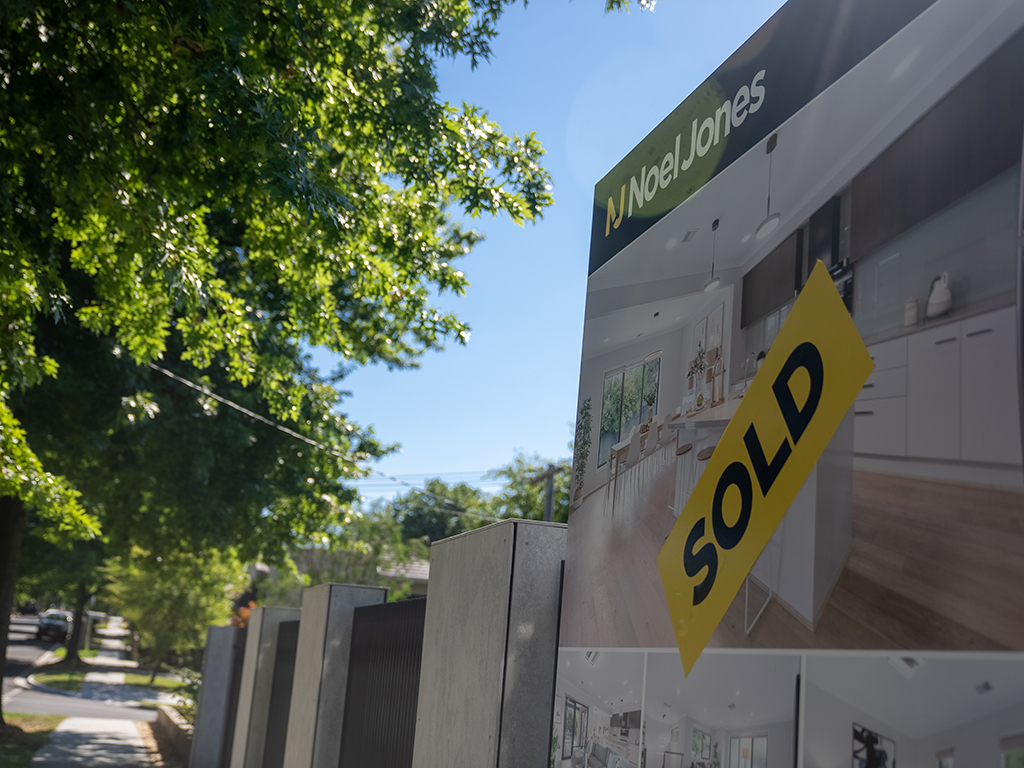The Albanese Labor Government’s first federal budget since coming to power is squarely focused on curbing both inflation and government spending.
As the Reserve Bank continues to lift interest rates from their historic lows and cost-of-living concerns dominate headlines, the 2022-23 budget treads a fine line between upholding election commitments and making savings.
The budget did not feature any immediate measures to assist buyers, but one of its offerings is a plan to build a million more affordable homes over five years from 2024.
This new National Housing Accord unites governments, investors and industry and aims to address housing affordability by driving up supply.
Although property prices have softened in recent months, Australia’s real estate market is one of the most expensive in the world. Metropolitan Melbourne’s median house price sits just below a million dollars ($993,000) – making it Australia’s second most valuable city behind Sydney.
Director of Noel Jones Doncaster, Daniel D’Assisi said he welcomed the move to deliver more homes in Victoria in coming years.
“More stock on the market means increased options for buyers and renters at different price points and some great opportunities for investors,” D’Assisi said.
“We look forward to seeing these new homes being built and the flurry of market activity that new stock generates.”
It’s been decades since the Commonwealth government took the lead in constructing homes and it could alleviate the shortage issues many Australian regions face – but not for some time.
There are a few policies that prospective buyers can explore in the meantime, however they do not come in the form of tax offsets or cash payments. These measures tend to drive up inflation and ultimately Australia’s household spending.
First home buyers can avoid lenders’ mortgage insurance by tapping into the Home Guarantee Scheme, where the government guarantees part of a loan.
Labor’s election promise of a shared equity scheme – Help to Buy – is also on the cards, with up to 40,000 Australians able to own a home by giving the government an equity stake in the property.
The Albanese Government is also encouraging older Australians to downsize by expanding the downsizer superannuation contribution, with the eligibility age lowered to 55.
“Most Australians place a high value on owning their own home, it forms part of our national identity,” D’Assisi said.
“We support any steps the government takes to encourage people to reach that milestone and look forward to watching many families benefit from these schemes.”
For guidance on your property journey, contact your local Noel Jones office.





